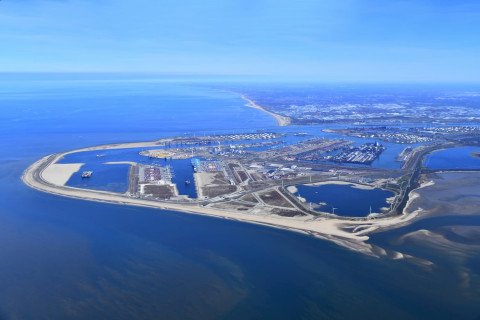The world's energy transition is currently "off-track", the International Renewable Energy Agency (IRENA) warned in its 2023 outlook, even as it sought to funnel renewable energy investments into technologies other than solar photovoltaic and wind power.
The agency said global investment in renewable energy touched $500 billion in 2022, but 85 percent of that investment benefited less than 50 percent of the world's population. In addition, 95 percent of the money went into solar photovoltaic and wind power technologies, the agency said, calling for funding to alternatives such as biofuels, hydropower and geothermal energy, and to sectors beyond power, such as heating and transport.
The agency also noted that the $500 billion spend was just one-third the investment required for the world to meet the Paris accord target of limiting global warming to 1.5 degrees Celsius.
In addition to concentration of technology, the agency flagged that too few countries were pushing for renewable energy. In a statement, IRENA Director-General Francesco La Camera said "A concerning trend is the geographic concentration [of energy transition progress], which remains limited to a few countries and regions. This pattern has excluded almost half of the global population, and particularly those in countries with significant energy access needs."
In an interview to ETN last month, La Camera had pointed out the shortfall in global achievements, especially in Africa, where he said only 1% of installed capacity was renewable. Pointing out that the world needed to add 1,000 GW of renewable energy capacity a year until 2030 to stay on track, La Camera had also highlighted IRENA's recommended energy mix, which sees the current 66:33 ratio of fossil fuels to renewable sources inverted to 33 percent energy from fossil fuels and 66 percent from renewable sources.

Dutch pour more money into hydrogen subsidy
Read More

